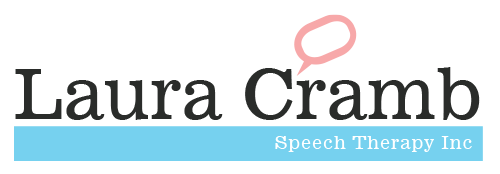The word ‘speech therapy’ may cause some parents to break into a cold sweat, but there is really nothing to feel frightened about at the thought of your child needing to attend speech therapy. Speech therapy is like a rite of passage for many children. Case in point, there are many children, who for one reason or another require a burst of therapy and later go on to enjoy optimal communication or learning outcomes.
So then, what is speech therapy? Speech-language therapy is an allied health profession that deals with communication (speech, language, literacy) and swallowing disorders.
The term, ‘speech therapy’ or ‘speech pathology’ can often be misinterpreted to mean just ‘speech’, but in actual fact, as you will see below, speech therapists are concerned with more than just ‘speech’.
Speech therapists or better yet Speech- language therapists quite simply, work to improve outcomes (academic, social, literacy, etc.) as well as overall communication skills. Speech therapists can specialise in children and/or adults.They also work with adults to likewise, improve their communication (speaking skills, presentation skills, pronunciation, etc.) skills.
Communication is a broad term referring to the exchange of information. Communication encompasses your actual speech skills- how you articulate sounds in words or fluency of your speech, your language skills- the manner in which you use words (choice of words) when conveying a message, what is referred to as, expressive language skills and your understanding of what is said to you; referred to as receptive language skills. Communication also refers to reading and writing; otherwise known as literacy skills.



